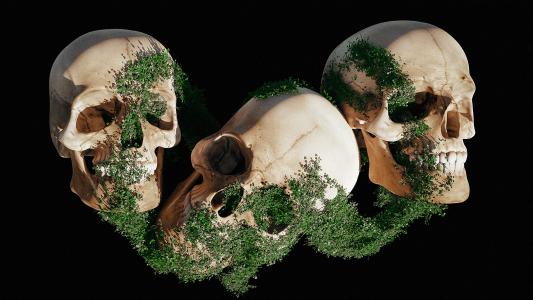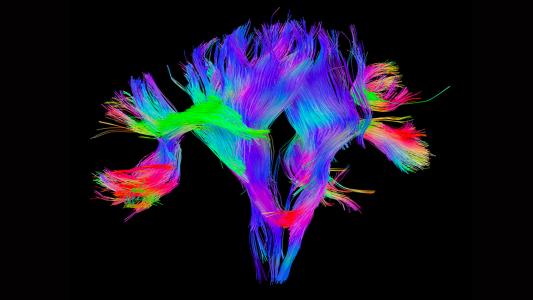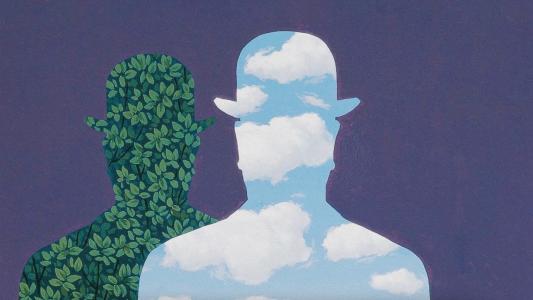Psychology
“I’ve been here before”: DMT study explores a strange memory phenomenon
DMT can induce a sense of profound familiarity, making users feel as if they have entered an alternate reality they have visited before.
What lies beneath our irrational decisions
In new book, an MIT scholar examines how game-theory logic underpins many of our seemingly odd and irrational decisions.
Almost everyone fears death — but not in the same ways
Fear of death may be the most primal, normal human fear, but it's one we all experience differently.
Neuroscience research triggers revision of a leading theory of consciousness
A brain scanning study on unconsciously processed visual information disrupts a leading theory of consciousness: global workspace theory.
Viktor Frankl: The doctor who prescribed the meaning of life to his patients
Not having a meaningful life can be dreadful, and one psychologist thought it was the root of many neuroses. His ideas became Logotherapy.
Sooner or later we all face death. Will a sense of meaning help us?
An awareness of our mortality can, paradoxically, move us to seek – and, if necessary, create – the meaning that we so desperately crave.
New AI-based theory explains your weird dreams
A new paper suggests that dreaming helps us generalize our experiences so that we can adapt to new circumstances.
Nasal drops might prevent PTSD
New research shows that nasal drops of neuropeptide Y triggers extinction of fear memories in an animal model of PTSD.
Eastern philosophy says there is no “self.” Science agrees
Neuroscience aligns with Eastern philosophies such as Buddhism, that argue the self is an illusion, a byproduct of our thought processes.
Viewing abstract art causes notable cognitive changes
Abstract art causes the viewer to place more psychological distance between themselves and the art than with more typical works.









